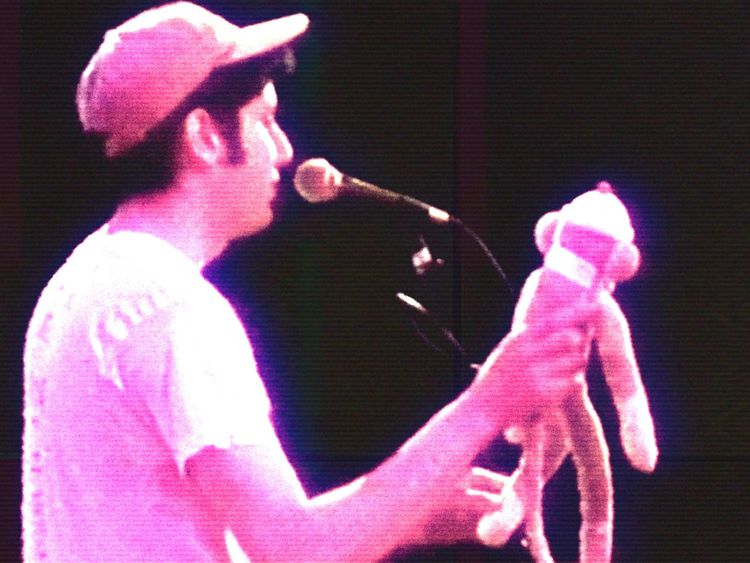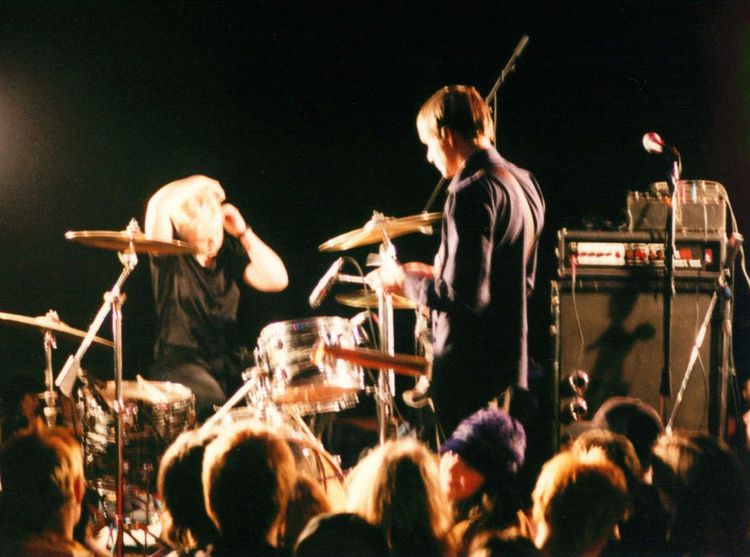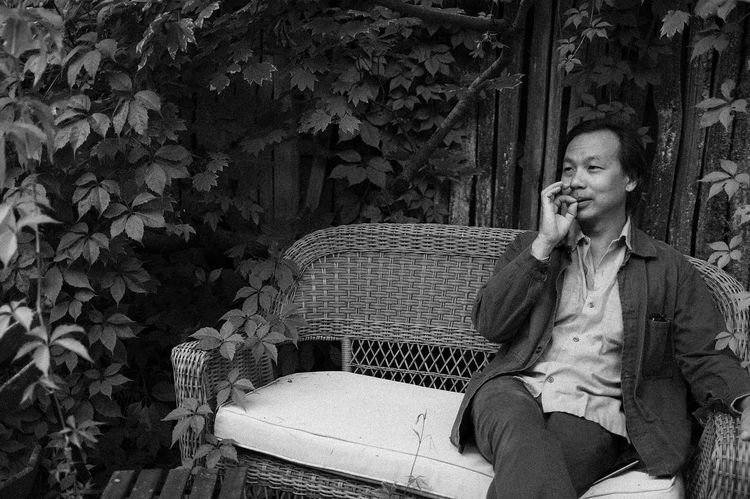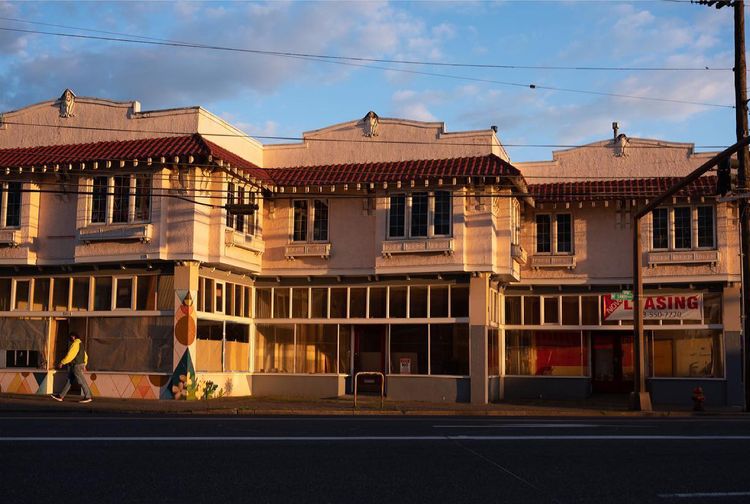Thoughts on raising a son, post Riot Grrl.
My friend Jessica asked me to write a piece for the zine series Personal Best. Alien Sheis a traveling art exhibit that features pieces from artists and activists that explores how Riot Grrrl continues to impact them.

I’ve talked myself out of writing this several times, mostly because I kept asking myself “Does the world really need a man’s perspective on Riot Grrl?” and answering “No, of course it doesn’t.”
But the thing is, I really don’t think I’d be who I am without it.
I feel incredibly lucky to have grown up — not from the little-kid-to-adult-kind, but the real growing up you do between 18 and 25 — surrounded by amazing women making music, art and history.
I know it sounds cheesy when I say it, but I’ll say it anyway:
Olympia, Washington in the 90s was a magical place, and it was the women who lived there, demanding a voice for themselves, that made it that way.

To this day, I’m still not sure exactly what the confluence of events was that made it a great incubator for feminist punk rock, DIY-activism, but it was.
And the world is a better place for it.
My son is 10 now, and I think a lot about what his future’s going to be like—where is he going to move away to at 18. What town will embrace him the way Olympia embraced me? What will he learn? How will he grow? Will he be challenged in the same way I was? Will he be inspired in the same way?
I hope so.
There’s a song on one of my favorite records from that time—Excuse 17’s second album “Such Friends Are Dangerous”—with the chorus:
I don’t speak loud enough, you say.
Is this loud enough for you?
We don’t rock hard enough, you say.
Is this hard enough for you?
I don’t talk smart enough, you say.
Is this smart enough for you?
That album came out 20 years ago, and I’ve always wondered, but never asked out loud before, “Who was that asshole?”
Who would tell them they weren’t smart enough? Who’d be stupid enough to say they weren’t rocking hard enough? Straight-up, dumb-ass misogyny.
Living in a small town, with a small scene like that—I probably knew that asshole. The rest of the song infers that the one saying it also was in a band. Did I like his band without realizing it? Quite possibly.

There’s a scene in Back To The Future II where Marty ask Doc Brown, “What, do we become assholes or something?”
“No, no, no, no, no, Marty, both you and Jennifer turn out fine. It’s your kids, Marty, something has got to be done about your kids!”
And as a parent, that’s one of those things that really scares you—that your kid will turn out to be an asshole. That somehow, in some way, you’ll have failed as a parent.
I really thought we’d be past this all by now.
Thing is, I really thought post-Riot Grrl that we wouldn’t have to worry about stuff like that. That assholes who’d say women can’t rock hard enough just wouldn’t exist anymore.
I was naive.
A day doesn’t go by where we don’t see another article about women suffering torrents of hateful abuse online for speaking their mind. The things people hate-tweet is downright insane, to the point where “you don’t play your instruments loud enough” seems almost quaint.
So now what, though?
So as a parent of a 10 year old boy, what do you do?
I don’t know.
I mean, I know what I’m doing, but who knows if it’ll work.
For me, one of the big things is exposing my son to as many positive influences as I can.
It’s about taking him to art shows by some of the smartest, most talented women I know.
It’s listening to podcasts while we’re in the car that interview Miranda July.
It’s surrounding him with as much of Nikki McClure’s papercuts as we can. It’s about playing my Sleater-Kinney records.
Pat Castaldo lived in Olympia from 1991–2008. While in town, he went to a lot of backstage shows, helped run the film society, worked on album covers for over 50 bands, and, in his 20s, was often found at The Reef. He co-founded buyolympia.com and Land Gallery. He lives in Portland, Oregon.
This was originally published in Personal Best, a collection of zines examining the lasting impact of Riot Grrrl on artists and cultural producers working today.
 Don’t forget, we’re all counting on you.
Don’t forget, we’re all counting on you.




